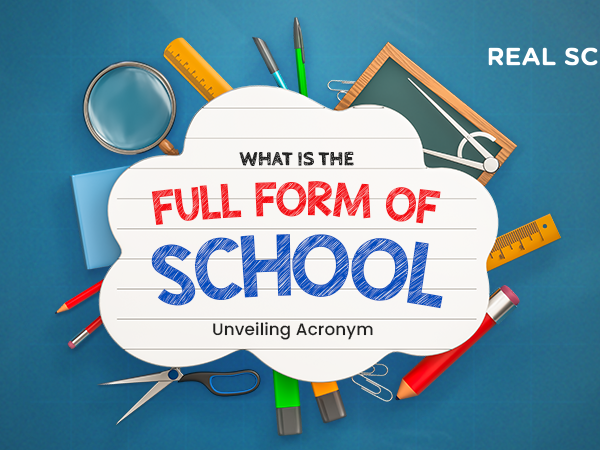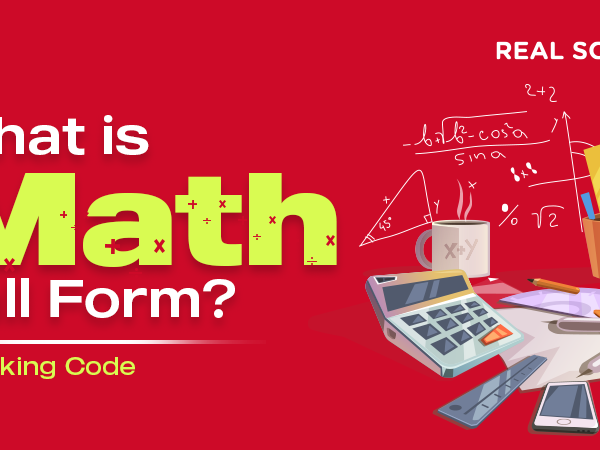Introducing a new concept to your child never gets too old because children get moulded the way you want them too. In case, making them well aware of STEM can be significant in various ways. You should learn why STEM, as a part of children’s lives, can be a fundamental instrument that can hike in them both knowledge and abilities.
Inaugurated by the National Science Foundation, STEM education basically addresses more on topics based on science, technology, engineering and mathematics. During times when the requirements of technicality have been witnessed to gradually skyrocket, exposing children to how it looks like should be the most important aspect of all.
Things to Know
The need to instil in toddlers, since the time they begin learning new nutshells, a discipline which will be seen as the basic step sometime in future is as important as teaching them other areas of study. Ensuring both girls and boys are revealed to the classes of STEM will later help them sustain a good life, only besides greater curiosity in learning better.
It’s never quite early to introduce STEM to children in elementary schools because what is necessary must be taught for a long time.
With the flow of continual advancement on the scientific side, researchers bridged the broad unjust gap of learning after introducing the STEM pedagogy. This abbreviation only rose to mean after the US National Science Foundation came into a discussion of the crucial topic.
Also Read: Maths Puzzles for Kids: How to Make Maths Fun for Kids? Check this to Know-How

How to Study for STEM Classes?
STEM arrived as an acronym of Science, Technology, Engineering and Maths. It comes with its own personal intensity of studying.
The pace of studying can be pretty out of the track, and that is the reason why the pace of it can be rapid. And if someone does not keep coping with the work, it keeps piling up very quickly. Problems in stem classes can be quite complex, thus one should have someone who is experienced in these types of learning curves. Also, stem education is cumulative in nature, i.e. one block builds upon the other, thus missing any one of the concepts can lead to incorrect deduction of the answer.
Cognitive Thinking Ability
Stem classes usually have two parts in themselves, application and analysis. However, they both go hand in hand. Cognitive thinking skills like application, analysis, evaluation and creation are needed in order to succeed in stem programs for higher levels. The hierarchy must be followed for a better grasp of topics. After the kid has understood these learning milestones, one can tailor their study point to hone their cognitive ability.

Metacognition
As the word says, it’s a cognition of cognitions or thinking about one’s thinking. The back-calculation, checking in mentally is a part of metacognition. Asking hows, ifs, whats, whys helps somebody to reflect on the learning process and build up a strategy on how to tackle difficult problems. If somebody knows the answer to a problem, then he/she should be able to explain how they got to that deduction.
Metacognition helps us overcome an illusion our brain instigates which makes us think that we know more than we actually do (the illusion of competence). Thus metacognitions breaks off that false illusion and helps prepare for the upcoming tests.
Also Read: Is Vedic Math Really Helpful for Kids? Here’s How Vedic Maths will Benefit Your Kids?
Study Cycle
A study cycle is a sequence of steps to be followed when crunching numbers and understanding new concepts. It helps one glide through the learning process swiftly and with ease. In premium places where STEM learning is taken quite seriously, flipped style classrooms are used i.e. the process of learning usually occurs outside the room and beyond the lectures.
The study cycle is essentially effective because it strategically encompasses the unmanageable pieces of enhanced and focused learning into a steady routine and thus makes it easy to abide by. The study cycle focuses on distributed practise i.e. not gobbling down a lot of information on one day but building the pace slowly over days.
Usually, there are five steps to complete a study cycle:
- Preparing for the class
- Attending the class
- Reviewing what one has learned
- Studying
- Assessing the things one has learned
Intensifying
Intense and focused learning can be very tiresome and cumbersome both for the brain and the body. Thus, to intensify and get the most out of these sessions, one should definitely break them down into smaller bits and track the topics. Since these sessions would be less than an hour, they can be squeezed in between classes to maximize the gains.
The Intense Study Model
Setting a goal is one of the most important tasks. One should be specific to his needs about what he needs to complete.
- A focus based studying for a span of 40-50 mins and paraphrasing important topics to revise quickly might be a good idea.
- One must take 5-minute breaks in between.
- One should revise the topics which they have just covered
Benefits of STEM Education for Kids
STEM education creates an awareness-based education that teaches children and adults. While going through the learning curve, the person learns many extracurricular skills including creativity and scientific reasoning.
The individual learns the importance of innovations and has the ability for critical analysis. Regardless of which career path the child or the person is going to take in the future, the analysis skill is going to help out even later in life where he/she can deal with difficult problems with ease. Once the person or the child understands that learning is the key, there’s no stopping them from achieving wherever they want ever again.
Conclusion
Now that you have all the resources you need at your disposal. Do you think you still need some more guidance? If yes, then you can click here for a free trial class and train your kids on stem education. All the best for your endeavours!








Good article with all clear points